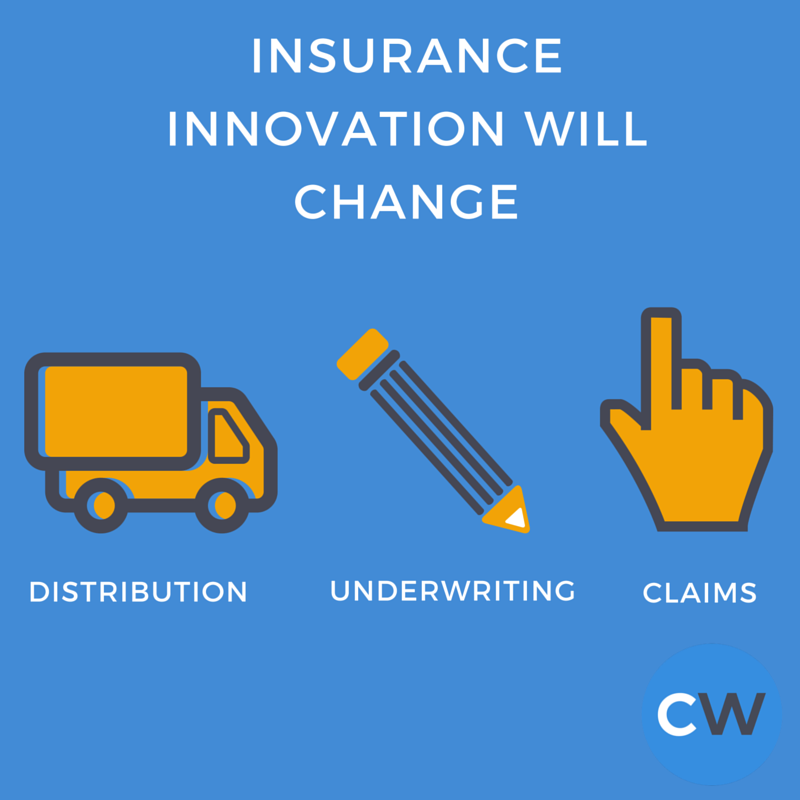With the introduction of the internet, businesses of all kinds have been shifting their focus to the digital world. From news to fitness to analytics and dictionaries, we can get virtually everything we need with the push of a few buttons. How business insurance is changing in 2017?
Unfortunately, not every business-type has found a way to get themselves online, namely insurance. First-time business owners are often shocked when they find out that they can neither get nor manage their business insurance digitally. Second and third-time entrepreneurs are even more frustrated by ways to obtain the right insurance for their business. It doesn’t get any easier, but it needs to.
Thanks to the boom of startups and years of a down economy, many people have chosen to start their own business. Like all businesses, these companies start small but still need insurance to run without the chance of legal issues, natural disasters or a host of other nasty things ruining it all. Many businesses, however, chose to roll the dice and don’t get the insurance coverage they need because insurance is frustrating, customer service is poor and there’s too many other things for them to worry about.
In the U.S. alone the commercial insurance industry is worth over $300 billion annually. However, insurance companies also suffer from some of the lowest NPS scores out there. All businesses need insurance, but insurance companies have not yet found a way to make the process easier for their clients. Small businesses, in particular, receive poor service from insurance companies because they are paying much less than their larger counterparts.
Investors are starting to see major opportunity within InsurTech. After the somewhat surprising success of startups, such as Oscar, and the loosening regulatory laws around underwriting, pricing and distribution, venture capitalist firms are becoming more and more likely to invest in companies who are interested in disrupting the insurance industry. In 2015 investors put $2.6 billion into InsurTech startups and it doesn’t appear to be slowing down in 2017. There will, however, be a shift towards the innovation of business insurance, as opposed to just consumer-focused insurance.
Between poor customer service, frustrating processes and the rise of the small business, it’s very clear that the commercial insurance industry is ready for transformation. Luckily the shift is already starting to happen.
Over the next few years, we expect to see the most change in these three insurance-related categories:
Distribution
Right now, insurance can be purchased in one of two ways: Directly through an insurer or through independent agents and commercial brokers who have access to many different insurers. First time business owners will find this process especially confusing because they have no easy way to educate themselves on what their business might need in terms of protection before entering into insurance related conversations.
Most SMBs today won’t be able get an online insurance quote. This means they’ll spend 2-4 weeks wading through emails, taking phone calls or visiting insurance brokers offices just to arrive at a quote. Even after the insurance policy is obtained, businesses do not have a cohesive way to store, manage or share their insurance information. Companies such as CoverWallet are trying to change this. CoverWallet’s mission is to make the process of getting and managing insurance much easier by allowing companies to understand their needs, get the right insurance faster and manage it digitally.
Underwriting
Underwriting is the process of evaluating the risk associated with insuring a specific person or business and it is where we expect to see the most change in the coming years. Data collection has become an important factor in the way all companies make decisions and conduct business, so it makes sense to bring this way of thinking into insurance.
Outside of business insurance, the underwriting process has already begun to change. Companies like Metromile, which sells pay-per-mile car insurance, appeals to those consumers who don’t drive very much. How are they tracking this? Using a device called Metromile Pulse that plugs into the customer’s car and measures mileage.
Claims
Making a claim means an individual or business is asking for payment based on the insurance policy they have. An insurance company then reviews the claim and either approves and pays the amount or denies the claim.
Making a claim and understanding what is happening once that claim has been made can be excruciating for businesses because insurance companies currently lack the innovation and transparency needed to smooth the process. Business owners have to wait in long phone queues or for snail mail to find out if their insurance claim has been approved. Why not give customers the luxury of transparency online? That is giving them a time estimate, a way to upload and view photos of their accident, in addition to claim approval or disapproval. After all, transparency in claims creates a better customer experience and, therefore, increases loyalty.
While frustrating, complicated and antiquated, insurance is necessary to the success of any business, which is why it is so important that the industry starts to change. In theory, businesses should like having insurance because it can keep their company running if the case of a lawsuit or accident. On the other hand, insurance companies should want to help their customers understand, obtain the insurance they need and keep them on as lifelong buyers.
As 2017 moves forward and investors continue to put their dollars into the InsurTech, it will be interesting to see the innovations that make their way to the forefront. The major question is will large insurance companies invest their dollars in building a better way?
Source and images: insurancetechit.com




